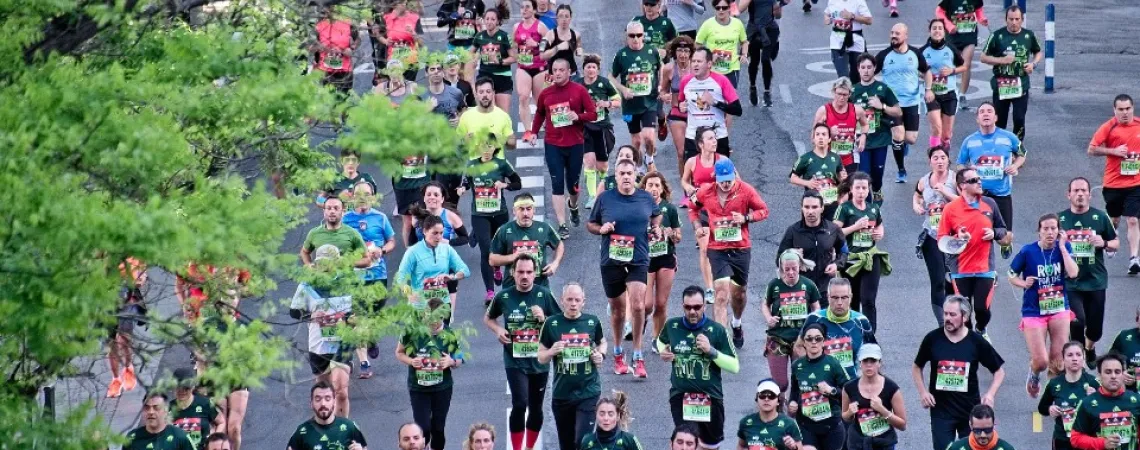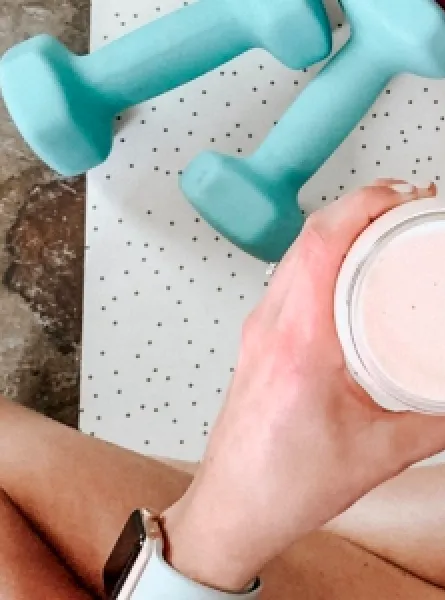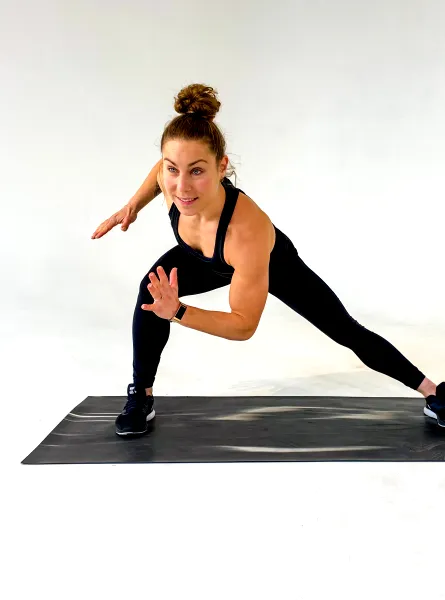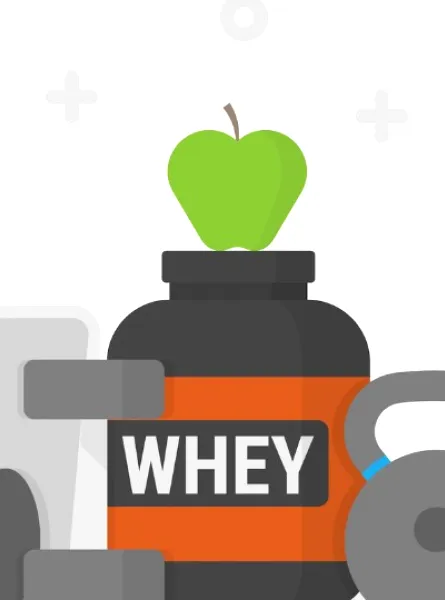
Only 6 weeks before the big day
Those who train in running will know what it is: the famous marathon of Montreal. Normally, at this time of the season, the distance you have selected should seem workable and training not only started but progress should be noticeable. Whether you are registered at a distance of 5 km, 10 km, half marathon or marathon, you want your event to be held in the best possible conditions. Here are my nutritional tips to prepare for it.
Know a good start
At the start line, on the day of the test, intramuscular glycogen levels (energy source of the muscles on exercise) should be at their maximum. A few days before the test, you may even have to take a glycogen overload protocol. Normally, similar protocols are introduced from the half marathon. If you run the 5 km or the 10 km, your glycogen reserves with a normal diet will probably be sufficient. If in doubt, ask a nutritionist if this is necessary for you.
Anyway, the morning of the event, your breakfast must be supportive to keep you up to the starting line, without making you uncomfortable. Generally rich in carbohydrates, moderate in protein and fiber, low in fat, the combination that is best suited to you depends on your body weight and the distance to go.
Running with a smile
It's simple: clean air, fresh water ... and sugar! To meet the energy expenditure of your body during the test, it will re-supply the muscle carbohydrates easily mobilized and easily digestible. The importance of drinking is often underestimated. However, with a dehydration of barely 2% we note a performance deterioration of 10%. Over a distance of 10 km, it can make a difference between of 55 minutes time and one of 60!
The simplest form of meeting both of these needs at once is sports drink. To do it yourself, try our Lemon Sports Drink recipe! Otherwise, there are a lot of products you can try: gels, jujubes, cookies, fruit bars, etc.
Keep a good memory
Finally, you will want to remember this event with pride. What is the best way to avoid being overwhelmed by pain the day after the race? It will be necessary to recover well. The equivalent of the energy expenditure will have to be covered in totality throughout the day, added to the usual energy needs. If the appetite is slow to come back, a rich energy- smoothie might be all-over:
- 1 cup (250 ml) milk
- ½ banana
- ½ cup (125 ml) ice-cream
- Chocolate sirup to taste
- 1 cup (250 ml) milk
- 1 cup (250 ml)
- 1 ripe banana
- 1/3 cup (80 ml) coconut milk
- 1 cup (250 ml) pineapple
- 1 egg
- 1 cup (250 ml) milk
- 1 cup (250 ml) fruits
- ½ avocado
- Mapple sirup to taste
No surprise Finally, I recommend that you perform the necessary food tests on similar distances BEFORE the big day. To obtain a personalized food plan or to answer all your questions about sports nutrition, call our ÉquipeNutrition professional team.
Example for a 60 kg person running the half marathon: Energetic cost estimated for the test = 1260 Calories
6:30 am Breakfast:
- 1 cup (250 ml) cereals or 2 slices of bread with jam à
- 1 cup (250 ml) milk or 1 fruit yogurt
- 1 banana ½ cup (125 ml) juice
8:00 am (Arrival on the scene)
- 1 cup (250 ml) water
- 1 compote of sweet fruit or 1 sport gel
8:30 am (Start)
Each 15 minutes:
- ¾ to 1 cup (175 to 250 ml) sports drink (30g to 60g of carbohydrates per hour)
10:30 am (Finish)
- ¼ cup (60ml) hummus with carrots and crackers
- ½ egg sandwich with mayonnaise
- 200 ml of Juice





